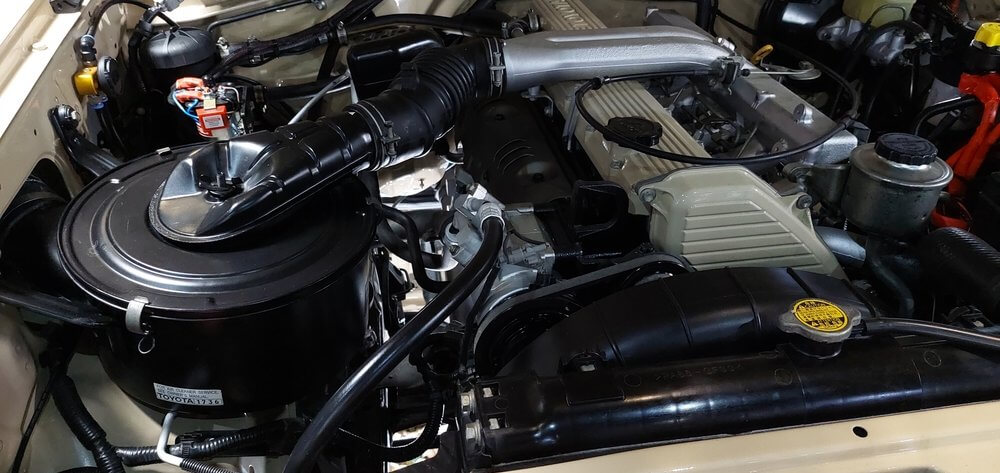What Are The Cons Of Engine Swapping?

While engine swapping can offer numerous benefits, such as increased power and performance, there are also potential downsides and challenges associated with this process.
Some of the cons of engine swapping include…
- Cost – Engine swaps can be expensive, involving the purchase of a new engine, modifications, labor costs, and various parts and components. The total cost can quickly add up, making it a significant financial investment.
- Complexity – Engine swaps are intricate and require a good understanding of automotive mechanics, electrical systems, and compatibility issues. If not done correctly, it can lead to problems and complications.
- Time-Consuming – Engine swaps can be time-consuming, taking days or even weeks to complete, especially if custom fabrication or extensive modifications are necessary. This can result in extended downtime for the vehicle.
- Compatibility Issues – Ensuring that the swapped engine is compatible with the existing drivetrain, transmission, and other vehicle components can be challenging. Adapters, custom mounts, and modifications may be required.
- Wiring and Electronics – Integrating the electrical systems of the new engine with the vehicle’s existing wiring can be complex and may require specialized knowledge and tools.
- Emissions and Legal Compliance – Engine swaps can raise emissions and legal compliance concerns, especially if the new engine doesn’t meet local emissions standards or regulations. Ensuring compliance can be a significant hurdle.
- Reliability Concerns – If the engine swap is not executed correctly, it can lead to reliability issues, including overheating, drivability problems, and premature wear and tear.
- Voided Warranties – Swapping an engine may void any existing warranties on the vehicle, which can be a concern if the vehicle is relatively new or under warranty.
- Parts and Component Sourcing – Finding compatible parts and components for the engine swap can be time-consuming, especially if the engine is rare or specialized.
- Resale Value – Depending on the vehicle and the extent of the engine swap, it may negatively impact the vehicle’s resale value, as potential buyers may be hesitant about a modified vehicle.
- Depreciation – If not executed correctly, an engine swap can lead to depreciation in the vehicle’s value, as potential buyers may be concerned about the quality of the modifications.
- Unforeseen Issues – Despite careful planning, unexpected issues and challenges may arise during or after the engine swap, requiring additional time and resources to address.
Carefully weigh the pros and cons of an engine swap and thoroughly research the process before undertaking such a project. Proper planning, expertise, and attention to detail are crucial to minimizing the potential drawbacks and ensuring a successful engine swap. Consulting with experienced mechanics or professionals who specialize in engine swaps can be beneficial in addressing challenges and achieving the desired results.
